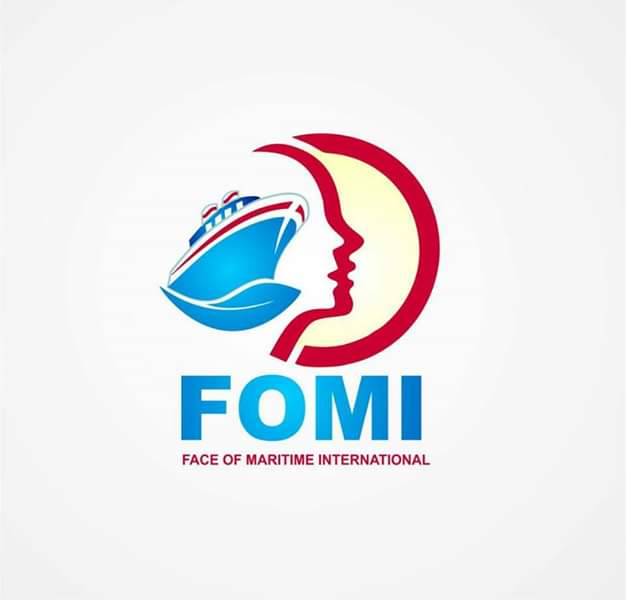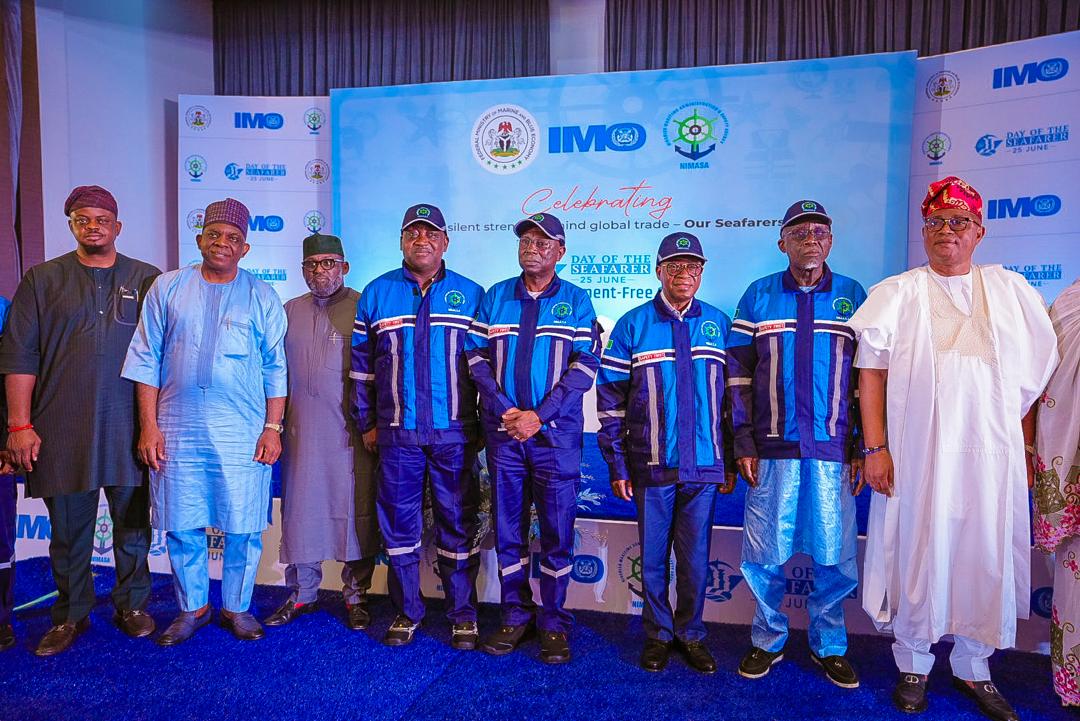The Nigeria Customs Service (NCS) says it proudly recognise the invaluable contributions of stakeholders in shaping and actualising the Nigeria Customs Service Act (NCSA) 2023.
According to customs, this landmark legislation, which replaces the long-standing Customs and Excise Management Act (CEMA) and other related laws is a product of extensive consultations, constructive dialogue, and collaborative efforts with key industry players, government agencies, and other stakeholders.
In a press statement released by customs on Wednesday, the agency noted that the insights, expertise, and unwavering commitment have been instrumental in ensuring a robust legal framework that enhances efficiency, promotes innovation and strengthens transparency in customs operations.
Speaking further, customs stated as follows: “In line with the provisions of Section 18 (1) of NCSA 2023, the NCS is implementing a 4% charge on the Free On-Board (FOB) value of imports. The FOB charge, which is calculated based on the value of imported goods, including cost of goods and transportation expenses incurred up to the port of loading, is essential to driving the effective operation of the Service”.
“Furthermore, the NCS acknowledges concerns raised by stakeholders over the sustained collection of 1% Comprehensive Import Supervision Scheme (CISS) fee (a regulatory charge imposed for funding Nigeria’s Destination Inspection Scheme) alongside the 4% FOB charge. As a responsive and responsible government agency, the Service wishes to assure the general public that extensive consultation is ongoing with the Federal Ministry of Finance to address all agitations raised by our esteemed stakeholders”.
“Under the leadership of the Comptroller General of Customs, Bashir Adewale Adeniyi, the NCS reaffirms its commitment to transparency, fair trade practices, and efficient revenue management. All stakeholders are urged to support this legally binding initiative, as the measures introduced in alignment with the NCSA 2023 reflects a balanced approach born out of extensive consultations with industry players, importers, and regulatory bodies”, the statement read.











